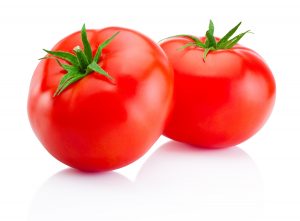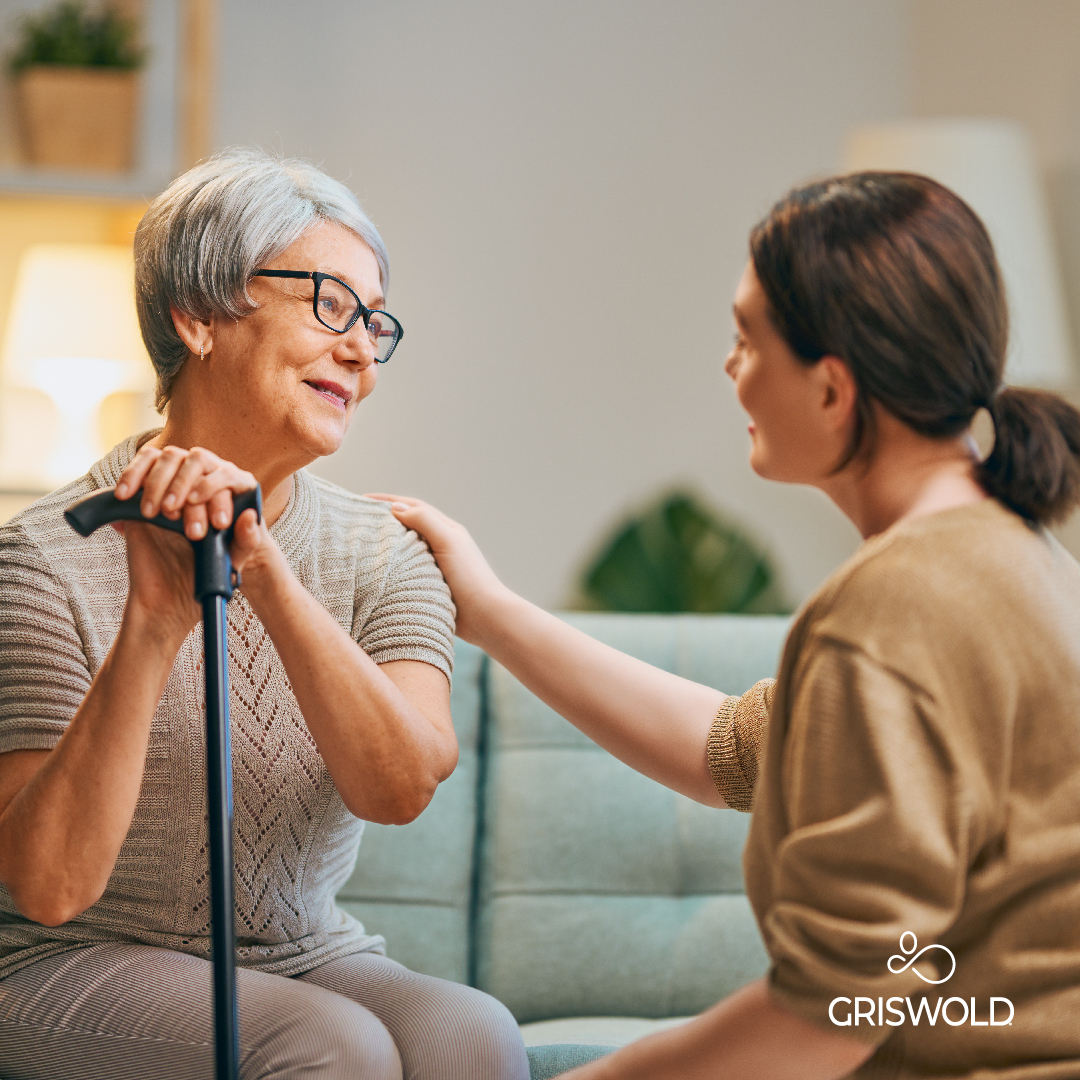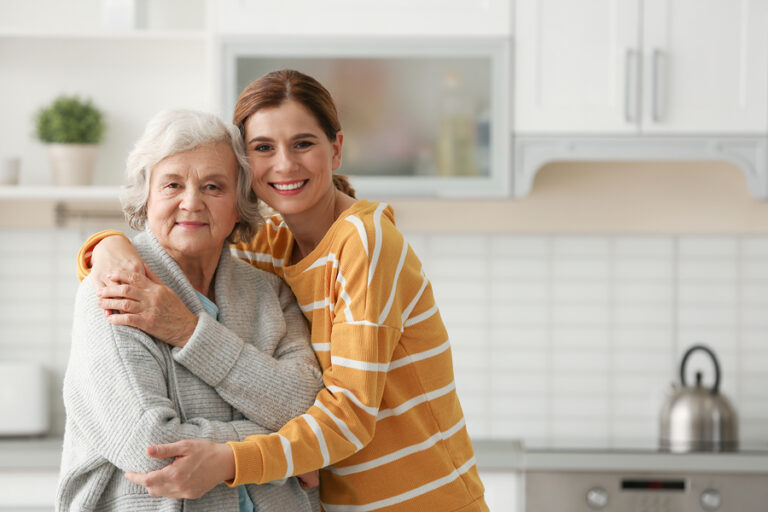Everything Elderly Adults Need to Know About Vitamin C
Category:

Whenever someone is caring for an elderly adult, they need to be aware of the health needs of that individual. If you are taking care of your elderly loved one or an elderly neighbor, one of the things that you should know about is Vitamin C. This is one of the main vitamins that helps to boost the immune system, fight off certain viruses, and much more. There are also many health risks that are associated with Vitamin C deficiency. The more you know about Vitamin C and the importance of it, the more you can help keep the elderly adult you are caring for healthy.
Vitamin C Health Benefits
As previously mentioned, there are many health benefits associated with Vitamin C. This is why it is so important that the elderly adult you are caring for gets the proper amount of Vitamin C in their daily diet. Some of these health benefits include the following:
- Reduced risk for cataracts
- Reduced signs of aging
- Fighting off infections
- Healing wounds
- Stabilizing blood sugar levels
- Blood vessel dilation to promote heart health
- Helping to eliminate cholesterol from one’s body
- Reducing pain
This is just the beginning of all the health benefits that are associated with Vitamin C. However, now that you know more about these benefits, you should make sure the elderly adult you are taking care of is getting enough Vitamin C in their diet.
Vitamin C Deficiency Health Risks
In addition to all the health benefits that are associated with Vitamin C, there are many health risks for those who are deficient in this vitamin. Some of these health risks include the following:
- Bruising easily
- Reduced metabolism
- Weight gain
- Getting nosebleeds often
- Weak immune system
- Wounds taking longer to heal
- Anemia
If the elderly adult you are caring for is experiencing any of these issues, they could be deficient in Vitamin C. You or their caregivers can take them to the doctor to see if they have a Vitamin C deficiency.
Proper Amounts of Vitamin C
Research shows that men, aged 18 and older, should be taking 90 mg of Vitamin C each day. Women, aged 18 and older, should be taking 75 mg of this vitamin daily.
Vitamin C Enriched Foods
If you or the caregivers are shopping for an elderly adult, you should make sure you are buying these Vitamin C enriched foods:
- Tomatoes
- Red, yellow, and green peppers
- Mango, pineapple, papaya, and kiwi
- Cranberries, blueberries, raspberries, and strawberries
- Broccoli and cauliflower
- Romaine lettuce and spinach
These are the foods that are going to provide the elderly adult you caring for with the benefits mentioned above.
Now that you know more about Vitamin C, you can assure that the elderly adult you take care of gets enough of it in their daily diet.
Sources
https://ods.od.nih.gov/factsheets/VitaminC-Consumer/
https://www.ncbi.nlm.nih.gov/pmc/articles/PMC3783921/
https://medlineplus.gov/vitaminc.html
https://ods.od.nih.gov/factsheets/VitaminC-HealthProfessional/
Subscribe
Date: February 21, 2020
Category:


